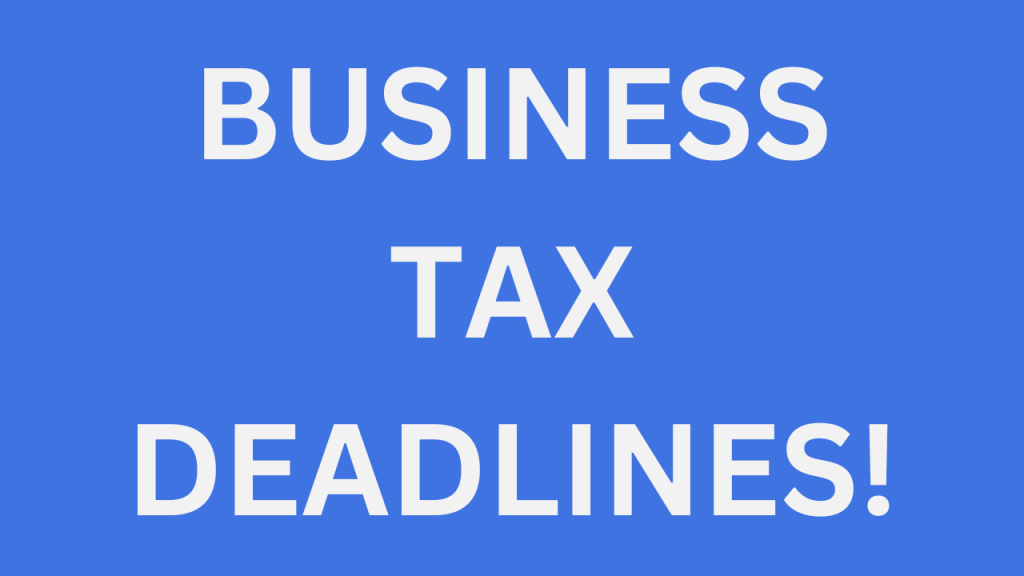
As the seasons change and springtime blooms, so too does the annual tax season approach its peak. April and May bring forth crucial deadlines for taxpayers to fulfill their obligations to the government. Whether you’re an individual taxpayer or a business owner, understanding these deadlines is paramount to avoiding penalties and staying compliant with tax laws.
April 15: Individual Tax Deadline

For many individual taxpayers in the United States, April 15 holds significant weight as the deadline for filing federal income tax returns. This date remains a steadfast marker on the calendar, although it may shift slightly in certain circumstances. Taxpayers are required to file their returns by this date, reporting their income, deductions, and credits for the previous tax year.
Moreover, April 15 isn’t just about filing—it’s also the due date for any taxes owed to the Internal Revenue Service (IRS). For those unable to meet this deadline, filing for an extension is an option, providing an additional six months to submit the necessary paperwork. However, it’s essential to note that an extension to file does not extend the deadline for paying taxes owed. Interest and penalties may accrue on any outstanding tax balance after April 15.
May 17: Extended Deadline for Individual Tax Returns

In certain years, such as those with extenuating circumstances or legislative changes, the traditional April 15 deadline may be adjusted. For instance, in 2021, due to the COVID-19 pandemic, the IRS extended the deadline to May 17. Taxpayers should always keep an eye out for announcements from the IRS or consult with tax professionals to confirm any changes to the deadline.
Additionally, May 17 also serves as the deadline for various other tax-related activities, including:
- Contributions to Individual Retirement Accounts (IRAs) and Health Savings Accounts (HSAs) for the previous tax year.
- Estimated tax payments for the first quarter of the current tax year.
Business Tax Deadlines

While individual taxpayers prepare to meet their obligations, business owners also face deadlines during this period. Corporations, partnerships, and other entities must file their tax returns by specific dates, depending on their fiscal year and entity type. For many businesses operating on a calendar year basis, the deadline falls on March 15. However, extensions may be available, granting additional time to complete and submit necessary paperwork.
Stay Informed and Prepared
Tax deadlines can be stressful, but with proper planning and awareness, taxpayers can navigate them smoothly. Keeping abreast of any changes to deadlines, understanding available extensions, and seeking professional guidance when needed are essential strategies for ensuring compliance and minimizing tax-related stress.
As April and May approach, individuals and businesses alike should mark their calendars, gather necessary documents, and take proactive steps to meet their tax obligations. By doing so, they can avoid penalties, maintain financial health, and focus on the brighter days ahead as spring unfolds its splendor.
Disclaimer: The information provided above is not meant to be legal or tax advise. You should consult your CPA and attorney to determine the best course of action for your situation.
Mitzi E. Sullivan, CPA is a cloud based professional services provider
specializing in cloud accounting.


